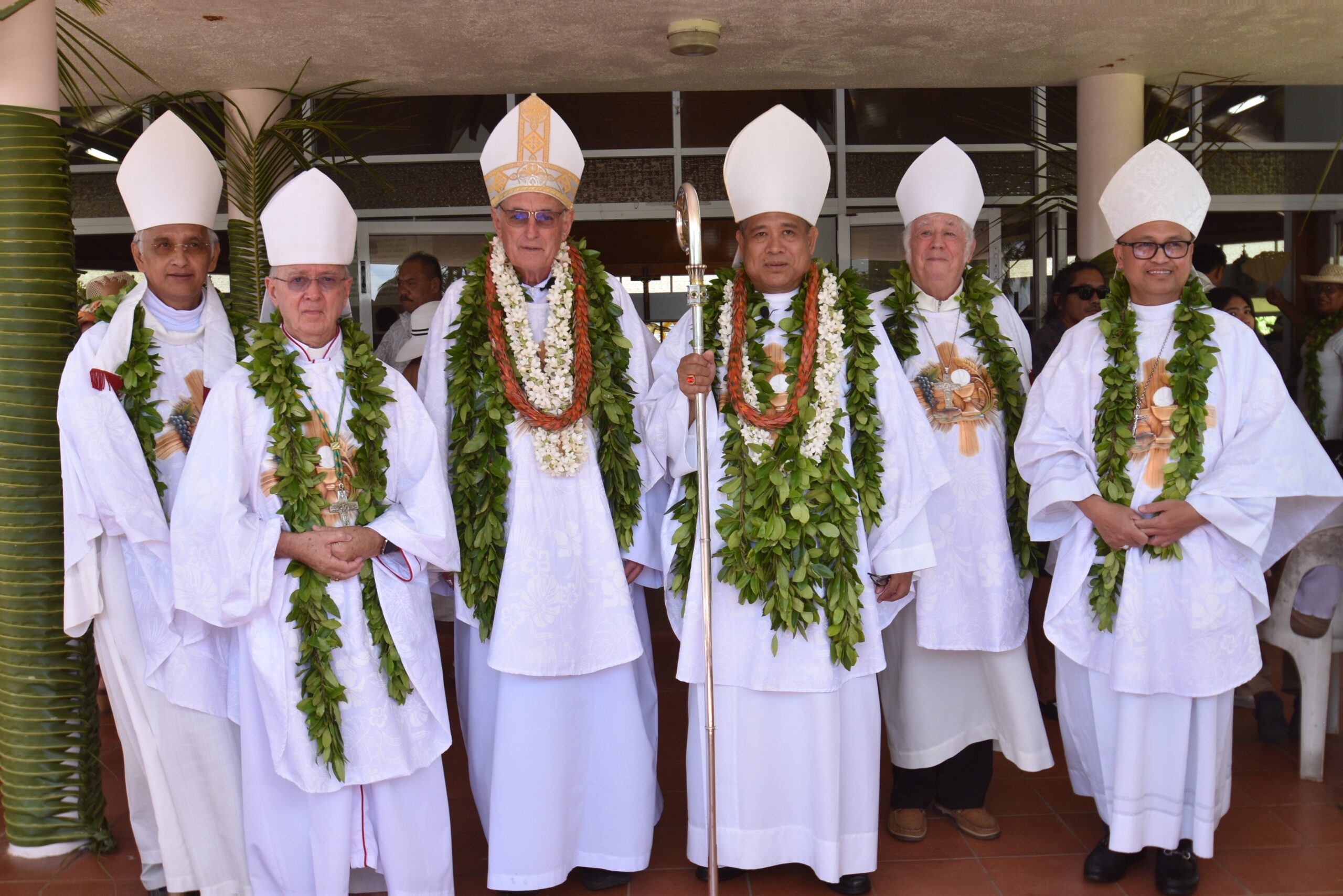The passing away of a gentleman and career diplomat, Tia Barrett, has come as a shock to those who knew him.
As somebody who was fortunate to have met him in Fiji between 1998 and 2001, when he was heading the High Commission in Suva, I always had a desire to reestablish that contact in New Zealand, but that dream will now remain unfulfilled by his sudden departure.
He was in Suva during very troubled times with two significant events.
The first was the takeover of the Chaudhry government by George Speight in May 2000 and the second one was the attempt on the life of Commodore Bainimarama by rebel soldiers on 2 November 2000 through a mutiny.
During those troubled times, he held the fort at the NZ High Commission and was an exemplary ambassador for Aotearoa, and added pride to this profession by standing tall and being different from many other ambassadors by talking his mind without any fear of speaking the truth – even if it meant crossing the boundaries guarded by strict diplomatic protocols.
When the AUT Pacific Media Centre’s Dr David Robie was heading the Pacific Regional Journalism School at the University of the South Pacific, in Suva, Barrett was the chief guest at the journalism awards almost nine years ago, on 24 November 2000.
The address he gave to the graduating students is still fresh in my mind and it ruffled a few feathers in the then interim Fiji regime, some of who still harboured an ethno-nationalism agenda.
While himself being tangata whenua of Aotearoa, he was bold to have gone beyond the call of his duty to put the extremists in their place.
“What is difficult to accept in this dialogue on indigenous rights is the underlying assumption that those rights are pre-eminent over other more fundamental human rights.
“This just cannot be so, not in today’s world,” he told the Pacific journalism students
Special place
“Where the confusion lies, in my view, is with the thought that indigenous people have a prior right over land and the sea and their resources and therefore by extension over the political, economic and social institutions of a country”.
He had reminded the journalism students that nowhere was it written in any holy scripture that because you were indigenous, you had first rights over others in their daily rights.
He had maintained that one should be respected and highly regarded as an indigenous person, but respect was earned and not obtained on demand.
He reminded the students that while the Compact of the 1997 Constitution of Fiji accorded a special place for the indigenous Fijians in the polity of the nation, the respect there still needed to be earned.
His talk some nine years ago was so prophetic.
“Being indigenous, in my view, demands high levels of achievement and competency in both our traditional cultural values and in the demands of today’s globalised world. That is a tall order, and requires more of us indigenous peoples than of the non-indigenous.
“But in fact, I think the well-educated, well-rounded, successful indigenous person stands tall as an outstanding achiever.
“Unfortunately, there are so few, although there are examples in both your [Fiji] and my history”.
Barrett had even ventured to lecture the chiefs about their role and also the responsibilities of churches, both of which were found to be wanting by the current Fiji regime.
What people like Tia Barrett in diplomatic positions proved is that diversity in such positions enriched the profile of the country and if any lessons are to be learnt is that such a gifted diplomat in Fiji would have been well placed to bridge the huge chasm that currently exists between the two countries.
He had advised the journalists on the concept of development journalism where timely and accurate facts fulfilled the thirst for knowledge so that people could make the changes needed to improve their lives in this globalised world.
Whether Fiji journalists heeded this call remains debatable, but what is certain is that modern-day ambassadors in troubled countries like Fiji have much to learn from Tia Barrett.
His departure leaves a huge vacuum in his line of thinking of the Pacific issues and we hope New Zealand continues to be blessed with proud sons like Tia Barrett.
On behalf of my former country-people from Fiji, I join in to extend our condolences to the Barrett family. May his soul rest in peace.
The writer is a postgraduate student in communication studies at AUT, and had met Tia Barrett on several occasions in Fiji while he was publisher of Fiji’s Daily Post.








































